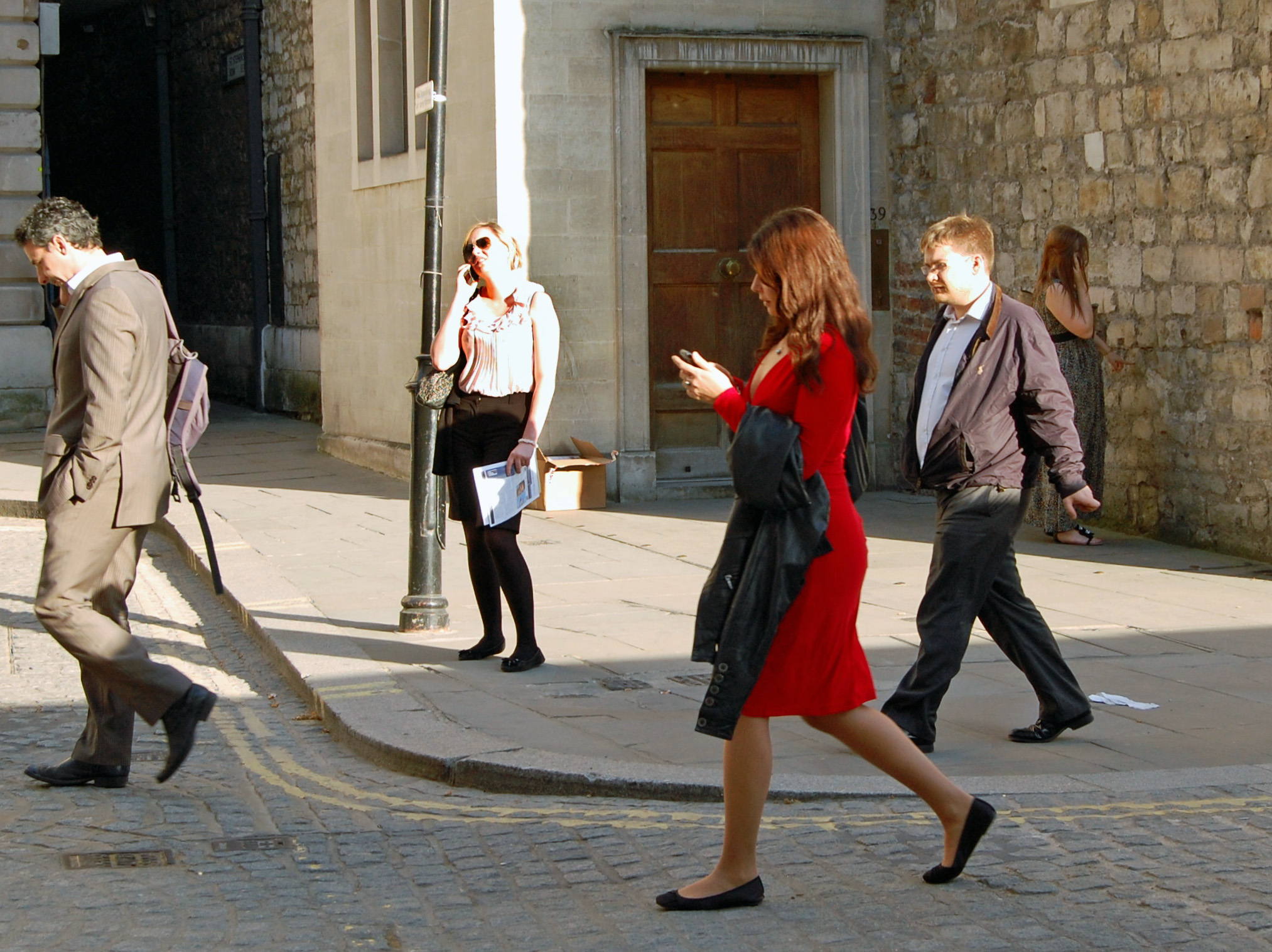
"Get off the mobile and go outside" - are these words being heard more commonly nowadays than at any point in time before? Humanity has just stepped into one of the newest psychiatric disorders. What is worse is that the medical world is divided on whether this should be considered as a disorder, or simply be passed off as a generation gap. Let us look a little deeper about the disorder.
What is internet addiction?
Only recently did Internet addiction and phone addiction became a part of the diagnostic and statistical manual of the mental disorders i.e. Internet addiction is now effectively considered a psychiatric disorder, and there are chances of identifying and treating it using medically approved means. As the name suggests, internet addiction and phone addiction means that the person is using his creative and designated time on a medium when he is no longer required to. Simply put, it becomes an obsessive habit on part of the person to look into his/her phone and use the internet as a routine activity. Long term addiction can lead to many psychological factors such as withdrawal symptoms, depression, and general loss of awareness about the surroundings. For most people, the syndrome can be an underlying factor of an even more severe health condition that the person is trying to mask by whiling away his/her time on the internet and mobile.
Addiction in today’s world
As of now, only two countries, South Korea and China have identified the disorder, and treatments are administered. Europe and the United States have also categorised it as a disorder, and research is being done on it. The general treatment plan that exists presently, aims to understand the patient first. The psychiatric treatment tries to successfully bridge the user and his/her addiction. From practicing different times of using the internet, to suggesting new schedules and goals, the person can be slowly be eased back into society. The purpose of psychiatric intervention is not to block the internet/ mobile usage completely, but to limit it. A person is educated to get his satisfaction in other forms, like relationships, outdoor activities.
Medical Possibilities
Though still in its early stages, the medical world has made it clear that its contribution towards these mental addictions would increase many fold in the very near future.
They are everywhere you go - on the metro, on the streets, at work, at home, at the table next to you in a restaurant, in the saloon. They are everywhere - people who are busy on their phones.
Constantly swiping and scrolling through feeds, pictures, texts, no matter where they are, on in a while they stretch their necks to ease the pain that has been a part of them for quite while but not leaving them anytime soon - how would it? The source of that pain is also something that never leaves their hands.
You go home, pass by a mirror, and you realise - you are that person too.
Social media, the digital age, the e-world - enticing and addictive not just as words but quite obviously as what they are as well; isn't that why we are all so busy living in that world rather than our own?
Isn't that why we are all constantly glued to these small screens in our hands, once known as phones?
In recent times I have heard so many people complain about backaches and neck pains. I am myself a victim of a constant pain in the back of neck, strained eyes, and a heavy head. The funny thing is I know the source of all this and yet it is a toughie to not cut the habit. I mean, how would I survive if I stay without my phone, not connected to all my virtual friends, and updating myself on what all my followers are saying about my pictures and what the people I follow are up to?
Apart from the mental damage that constantly being on social media entails, I find this constant urge to be on the phone acutely frustrating. What is with the constant scrolling, the constant, chatting, and all of it - it is so much screen time and not enough living the life around. It's not just the neck, my head feels constantly burdened with the influx of information that isn't even necessary and only adds to what we all now call #FOMO - the fear of missing out.
But the sad fact of the matter is that no matter how much we hate it there are very few of us who can live without this smartphone of ours, one that has made us an addict. Hate it, curse it, but we simply can't live without it - apparently.
But there are a few, who have taken up the self preserving fight against their phones by switching back to the age old cellular devices; some designate specific times to be with their phones and aren't constantly on their devices; and some have just given up on the addictive social media sites.
It may be a long fight but until the time when our phones aren't something we unconsciously reach out to in the moment of emptiness, until when our phones aren't the last things we see at night, and until people don't spend dinner table times with friends and family on their phones - I think we have some way to go.
मोबाईलनं माणसाचं अवघं विश्व व्यापून टाकलं आहे. दिवसरात्र माणूस मोबाईलच्याच आसपास घुटमळत असतो. अनेकांना तर सकाळी उठल्याउठल्या मोबाईल तपासण्याची सवय असते. तुम्हाला जर ही सवय असेल तर तातडीनं सोडून द्या. सकाळी उठल्यावर लगेचच मोबाईल पाहणाऱ्यांना अनेक त्रास होत असल्याची धक्कादायक माहिती समोर आली आहे.
सकाळी उठल्यावर लगेच मोबाईल पाहिल्याने मेंदूवर ताण पडतो. रक्तदाबही वाढण्याची शक्यता असते. आदल्या दिवशी घडलेल्या घटनांची उजळणी होत असल्यानं तणावही वाढतो. दिवसाची सुरुवात तणावानं होते. माणसाची कार्यक्षमताही कमी होते.
मोबाईल गरजेचा आहे. पण तुमच्या जिवाएवढं मोल मोबाईलला देऊ नका. मोबाईलचा अतिरेक टाळा. नाहीतर जिवघेणे आजार तुमचा घास घ्यायला कधीही तयारच आहेत.








